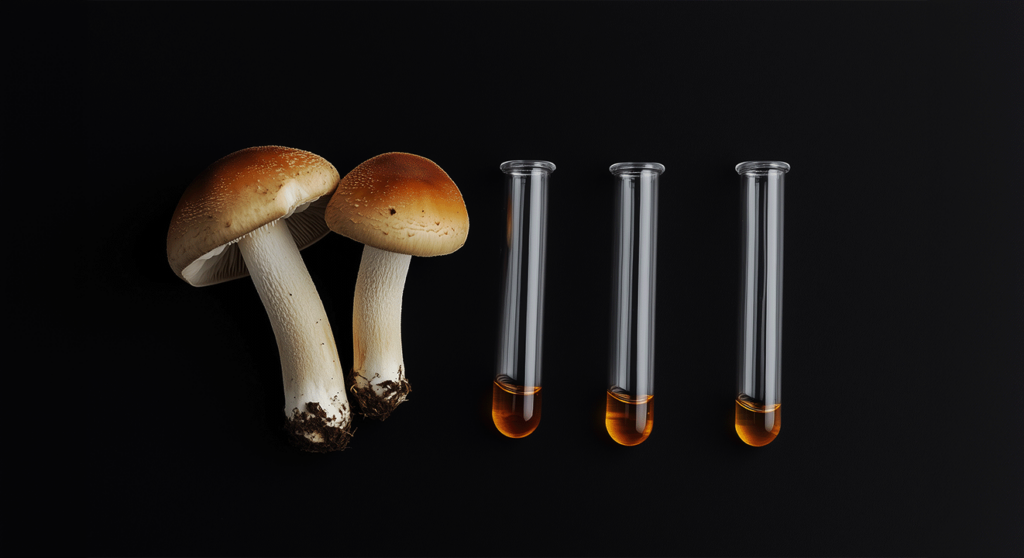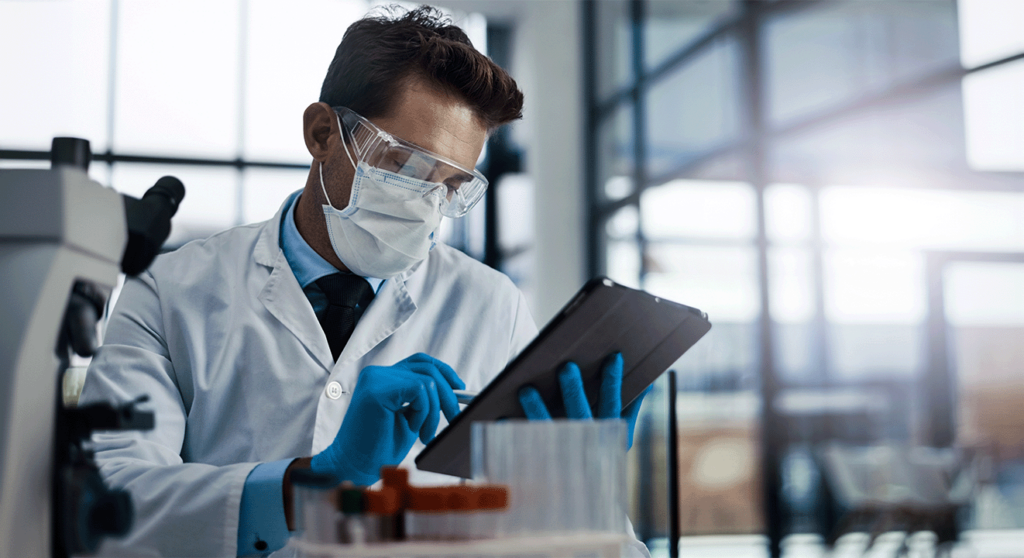As the use of psychedelic substances like magic mushrooms (shrooms) becomes more widely discussed, there is growing curiosity about whether these substances show up on drug tests. This question is particularly relevant for individuals concerned about drug testing in employment, health care, or legal situations.
Let’s explore the key aspects of drug testing and the detectability of shrooms in the body.

What Are Shrooms?
Magic mushrooms, commonly known as psychedelic mushrooms or hallucinogenic mushrooms, contain two primary active compounds: psilocybin and psilocin. Psilocybin, a psychoactive compound, converts into psilocin in the person’s system, leading to hallucinogenic effects such as altered perceptions, vivid hallucinations, and changes in thought processes. The potency and duration of these effects vary based on the species of mushrooms consumed. Different types of mushrooms contain different levels of psilocybin, which influence the intensity of the experience.
Shrooms carry risks, including the possibility of a “bad trip,” which can cause intense fear and paranoia. This can be especially harmful for people with mental health conditions like anxiety or depression. Additionally, misidentification of wild mushrooms can lead to poisoning, and frequent use may result in psychological dependence, which requires taking higher doses for the same effect. This can be compared to other substances like cannabis, which also have the potential for misuse and drug abuse.
Despite their potential therapeutic uses, shrooms should be approached with caution due to these risks. If you’re concerned about the effects of shroom use, professional support is available. Boca Recovery Center provides comprehensive treatment programs to help individuals manage the risks of substance use and build a foundation for recovery.
How Shrooms Work in the Body
Upon ingestion, psilocybin quickly converts into psilocin, which interacts with the brain’s serotonin receptors, leading to its psychoactive effects. These effects typically start within 20 to 60 minutes of ingestion and can last for several hours.
The half-life of psilocin, or the time it takes for half of the substance to be eliminated from the body, is relatively short—approximately 50 minutes. This means that psilocin and its metabolites are usually excreted from the body within 24 hours, although traces can linger longer depending on various factors such as metabolism and frequency of use.
Types of Drug Tests and Their Detection Capabilities
Drug testing can involve different methods, each with varying capabilities for detecting psilocybin and psilocin.
Standard Drug Tests
Standard drug tests, such as the commonly used 5-panel urine test, typically screen for substances like THC, opioids, and amphetamines. Psilocybin and psilocin are not usually included in these routine tests, meaning that shrooms are unlikely to be detected unless a specific test for these substances is requested.
Urine Tests
The most common type of drug screening is a urine drug test. While it does not routinely test for psilocybin or psilocin, specialized urine tests can detect these substances. The detection window for psilocin in urine is generally up to 24 hours after ingestion, although it can extend to 72 hours depending on factors such as the dose taken and the individual’s metabolism.
Blood Tests
Blood tests are less common for detecting shrooms due to their invasive nature and the short detection window. Psilocin is typically detectable in blood for only a few hours post-ingestion, making blood tests most useful in situations where recent use is suspected.
Saliva Tests
Saliva tests, like blood tests, have a short detection window for psilocin, typically lasting only a few hours after ingestion. These tests are not commonly used to detect shrooms and are generally employed in specific circumstances.
Hair Follicle Tests
Hair follicle tests offer the longest detection window, as psilocin can be detected in hair for up to 90 days after use. However, these tests are not part of routine drug screening and are usually employed in specialized contexts, such as long-term drug use assessments.
Specialized Tests
Specialized drug tests that specifically target psilocybin and psilocin are available but are not commonly used in standard drug screening. These tests may be administered if there is a particular reason to suspect shroom use, such as in certain legal or employment scenarios.

Factors Influencing Detection
Several factors can influence the detectability of shrooms in drug tests, including:
- Body composition and metabolism: Individuals with higher body fat may retain psilocin metabolites longer, while those with faster metabolisms may eliminate them more quickly.
- Frequency and amount of use: Frequent and high-dose use can lead to longer detection windows due to the accumulation of metabolites in the body.
- Type of drug test: Different tests have varying sensitivity and detection windows, with hair follicle tests providing the longest detection period.
False Positives and Cross-Reactivity
False positives occur when a drug test incorrectly identifies a substance as being present. While false positives for psilocybin or psilocin are rare, cross-reactivity with other substances, such as PCP or LSD, is possible, particularly if the drug test is not highly specific.
Advanced testing methods like gas chromatography-mass spectrometry (GC-MS) or liquid chromatography-mass spectrometry (LC-MS) are often used to confirm results and reduce the likelihood of false positives.
Mental Health Considerations
Shroom use can have significant mental health implications, particularly for individuals with pre-existing conditions such as anxiety, depression, or psychosis.
The risk of experiencing a “bad trip”—an intensely negative psychological experience—is heightened for these individuals. Such experiences can exacerbate mental health issues and lead to long-term psychological effects. It is crucial for individuals who use shrooms to seek mental health support if they experience adverse effects.
Substance Abuse and Addiction Treatment
While addiction to psychedelics like shrooms is less common than with other substances, it is still possible. Individuals who use shrooms frequently or in high doses may develop a psychological dependence. In such cases, addiction treatment, including detox programs and rehab, may be necessary.
Boca Recovery Center offers specialized care for individuals struggling with substance abuse, providing a comprehensive approach to help patients rebuild their lives on a foundation of health and well-being.
Legal and Health Implications
Psilocybin mushrooms are classified as a controlled substance in many regions, and testing positive for psilocybin can have serious legal consequences, including criminal charges or job loss.
It is important to be aware of the legal status of shrooms in your region and the possible health risks associated with their use, including long-term psychological effects.

Shrooms and Drug Testing
While shrooms are not typically detected in standard drug tests, specialized tests can identify their use in certain circumstances.
Knowing about the potential risks and legal implications of shroom use is essential, particularly for those concerned about drug testing. If you have concerns about drug screening or substance use, it is important to consult a healthcare professional.
If you or a loved one are struggling with substance use, Boca Recovery Center is here to help. Our dedicated team provides top-quality care to support those overcoming addiction and helping them rebuild their lives. Contact us today to learn more about our comprehensive treatment programs.



